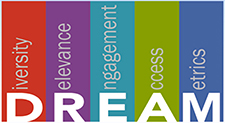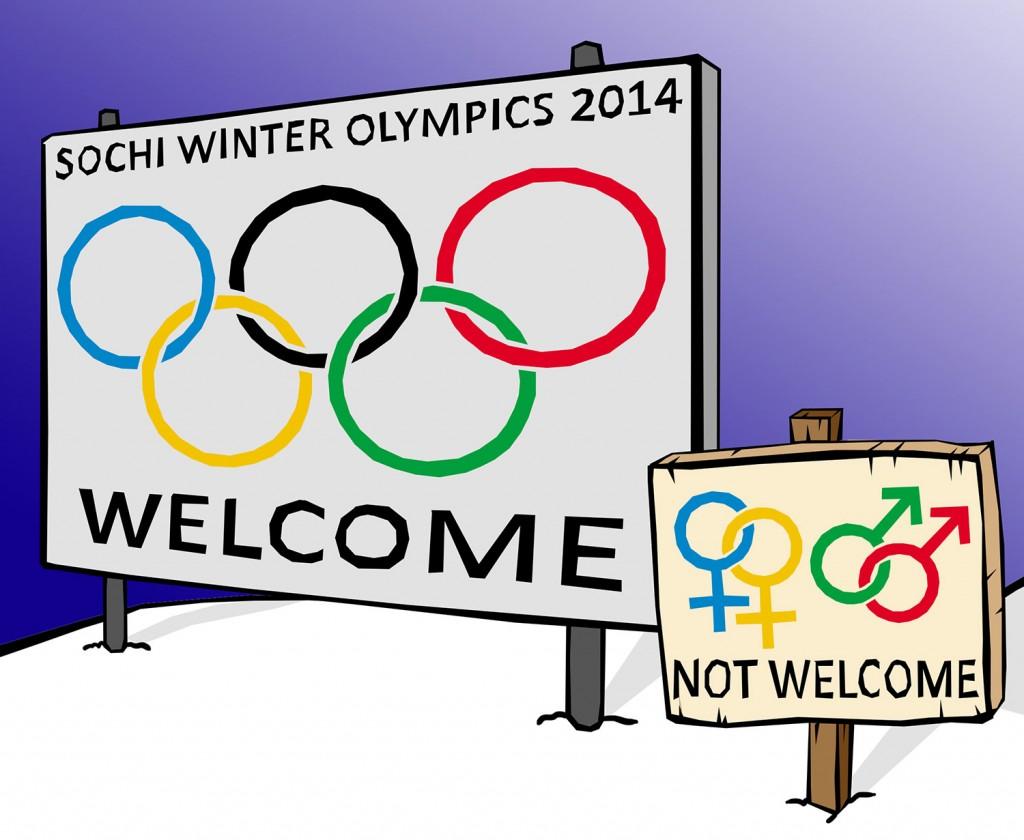By Heather Horton/reporter
Love is the key ingredient to happy, healthy relationships, an advocate for TCC’s Victim Assistance Unit told South Campus students and faculty Sept. 4.
Angel Carr, TCC police administrative assistant, published author and mentor, offered insight into identifying healthy and unhealthy relationships.
“I believe self-esteem and healthy relationships go hand in hand,” she said. “Without it, you know, it just really doesn’t work.”
Knowing one’s role in any relationship is important in maintaining a healthy connection, Carr said. While no person or relationship is perfect, certain values should exist to sustain positive associations.
Points of interest offered by Carr included self-worth, self-love, self-esteem, respect and communication.
“I’ve learned you give what you want to receive,” she said. “Whatever you want to get back, that’s what you need to give.”
Carr said if people want support, encouragement and respect, they must offer support, encouragement and respect in their relations.
The speech was offered to students and faculty to strengthen personal relationships and also to raise awareness of the signs and habits of unhealthy, destructive partnerships.
As a TCC patrol officer and VAU member, Rose Marie Brant has counseled young men and women involved in volatile relationships. Brant said the unit is the TCC source to help anyone going through any situation.
“One of the most important things is to tell them it’s confidential,” Brant said.
Carr listed seven signs of an unhealthy relationship: disrespect, lack of communication, abusive language, control or the need to control, isolation, jealousy and abuse.
When it comes to helping those in unstable relationships, Carr said it’s important to remember that people who are hurting can also hurt others. Not everyone is a therapist, she said, so the best way to help could be simply to direct the person to TCC’s VAU.
Gabrielle Raymond, instructional associate for the South Campus writing center, said curiosity led her to the presentation to seek advice on how to guide students who show signs of domestic mistreatment.
“I have a responsibility to help students both academically and personally,” Raymond said. “The presentation provided useful information, and I now feel more equipped to mentor students effectively.”
Those who need help or know someone who needs help can anonymously call 817-515-8911 and ask for the victim assistance coordinator. The unit is available 24 hours a day, seven days a week.



























